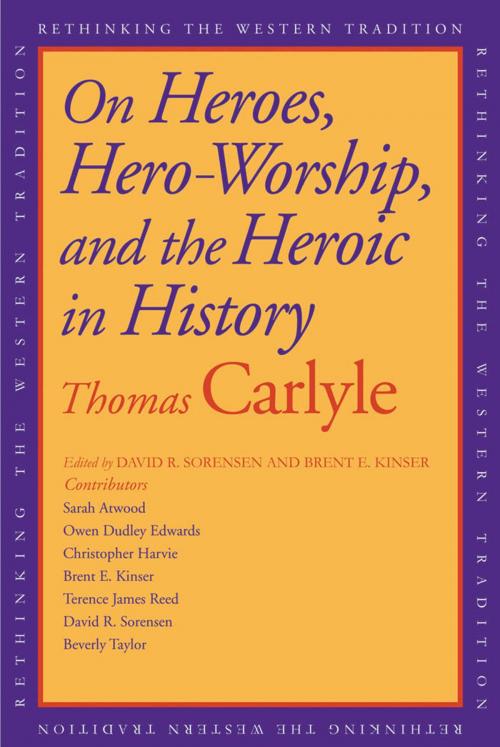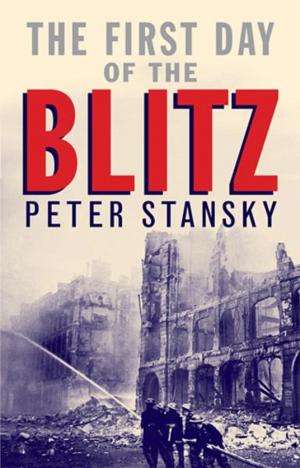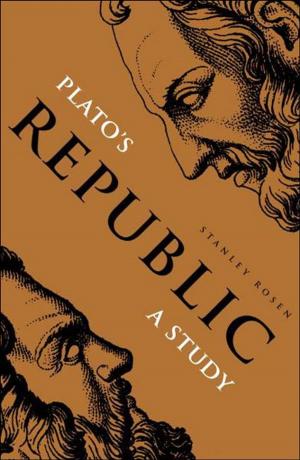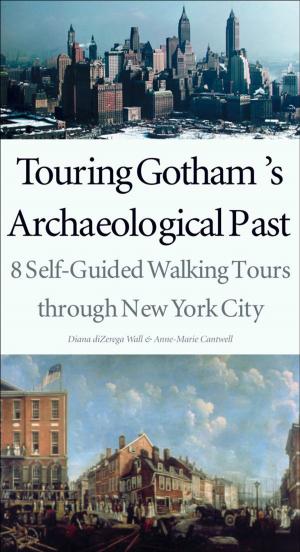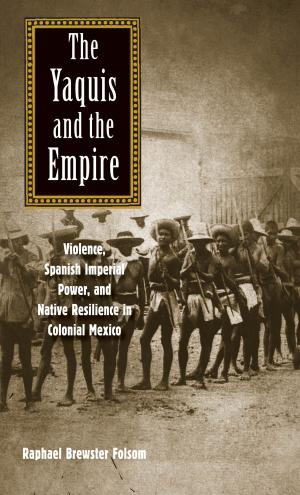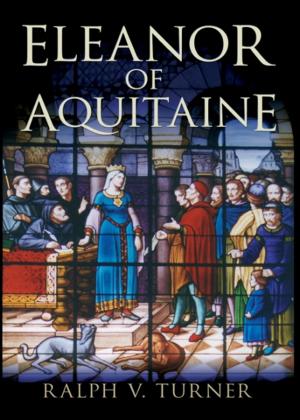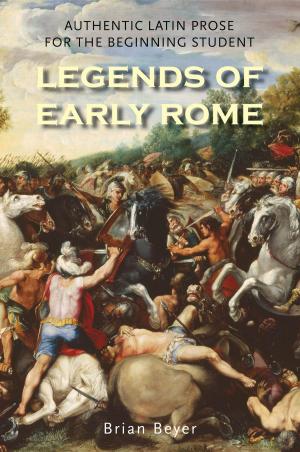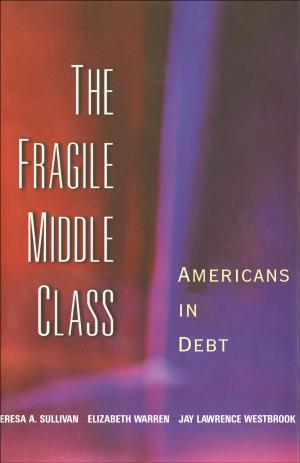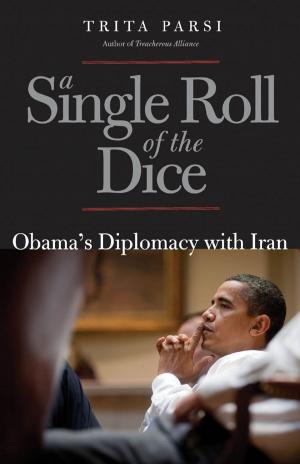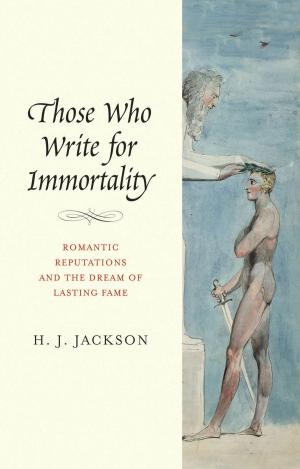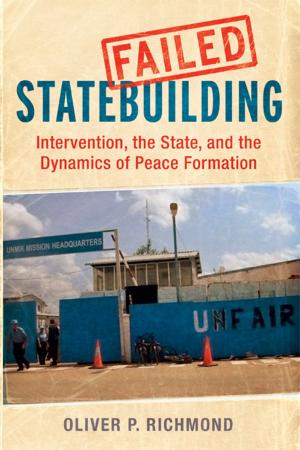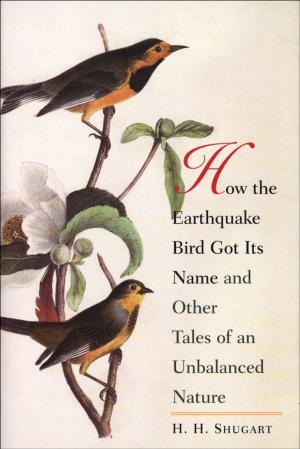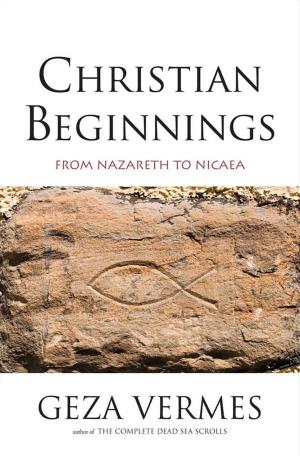On Heroes, Hero Worship, and the Heroic in History
Nonfiction, History, British, Religion & Spirituality, Philosophy| Author: | Thomas Carlyle | ISBN: | 9780300148626 |
| Publisher: | Yale University Press | Publication: | August 20, 2013 |
| Imprint: | Yale University Press | Language: | English |
| Author: | Thomas Carlyle |
| ISBN: | 9780300148626 |
| Publisher: | Yale University Press |
| Publication: | August 20, 2013 |
| Imprint: | Yale University Press |
| Language: | English |
Based on a series of lectures delivered in 1840, Thomas Carlyle’s On Heroes, Hero-Worship, and the Heroic in History considers the creation of heroes and the ways they exert heroic leadership. From the divine and prophetic (Odin and Muhammad) to the poetic (Dante and Shakespeare) to the religious (Luther and Knox) to the political (Cromwell and Napoleon), Carlyle investigates the mysterious qualities that elevate humans to cultural significance.
By situating the text in the context of six essays by distinguished scholars that reevaluate both Carlyle’s work and his ideas, David Sorensen and Brent Kinser argue that Carlyle's concept of heroism stresses the hero’s spiritual dimension. In Carlyle’s engagement with various heroic personalities, he dislodges religiosity from religion, myth from history, and truth from “quackery” as he describes the wondrous ways in which these “flowing light-fountains” unlock the heroic potential of ordinary human beings.
By situating the text in the context of six essays by distinguished scholars that reevaluate both Carlyle’s work and his ideas, David Sorensen and Brent Kinser argue that Carlyle's concept of heroism stresses the hero’s spiritual dimension. In Carlyle’s engagement with various heroic personalities, he dislodges religiosity from religion, myth from history, and truth from “quackery” as he describes the wondrous ways in which these “flowing light-fountains” unlock the heroic potential of ordinary human beings.
Based on a series of lectures delivered in 1840, Thomas Carlyle’s On Heroes, Hero-Worship, and the Heroic in History considers the creation of heroes and the ways they exert heroic leadership. From the divine and prophetic (Odin and Muhammad) to the poetic (Dante and Shakespeare) to the religious (Luther and Knox) to the political (Cromwell and Napoleon), Carlyle investigates the mysterious qualities that elevate humans to cultural significance.
By situating the text in the context of six essays by distinguished scholars that reevaluate both Carlyle’s work and his ideas, David Sorensen and Brent Kinser argue that Carlyle's concept of heroism stresses the hero’s spiritual dimension. In Carlyle’s engagement with various heroic personalities, he dislodges religiosity from religion, myth from history, and truth from “quackery” as he describes the wondrous ways in which these “flowing light-fountains” unlock the heroic potential of ordinary human beings.
By situating the text in the context of six essays by distinguished scholars that reevaluate both Carlyle’s work and his ideas, David Sorensen and Brent Kinser argue that Carlyle's concept of heroism stresses the hero’s spiritual dimension. In Carlyle’s engagement with various heroic personalities, he dislodges religiosity from religion, myth from history, and truth from “quackery” as he describes the wondrous ways in which these “flowing light-fountains” unlock the heroic potential of ordinary human beings.
More books from Yale University Press
We use our own "cookies" and third party cookies to improve services and to see statistical information. By using this website, you agree to our Privacy Policy
